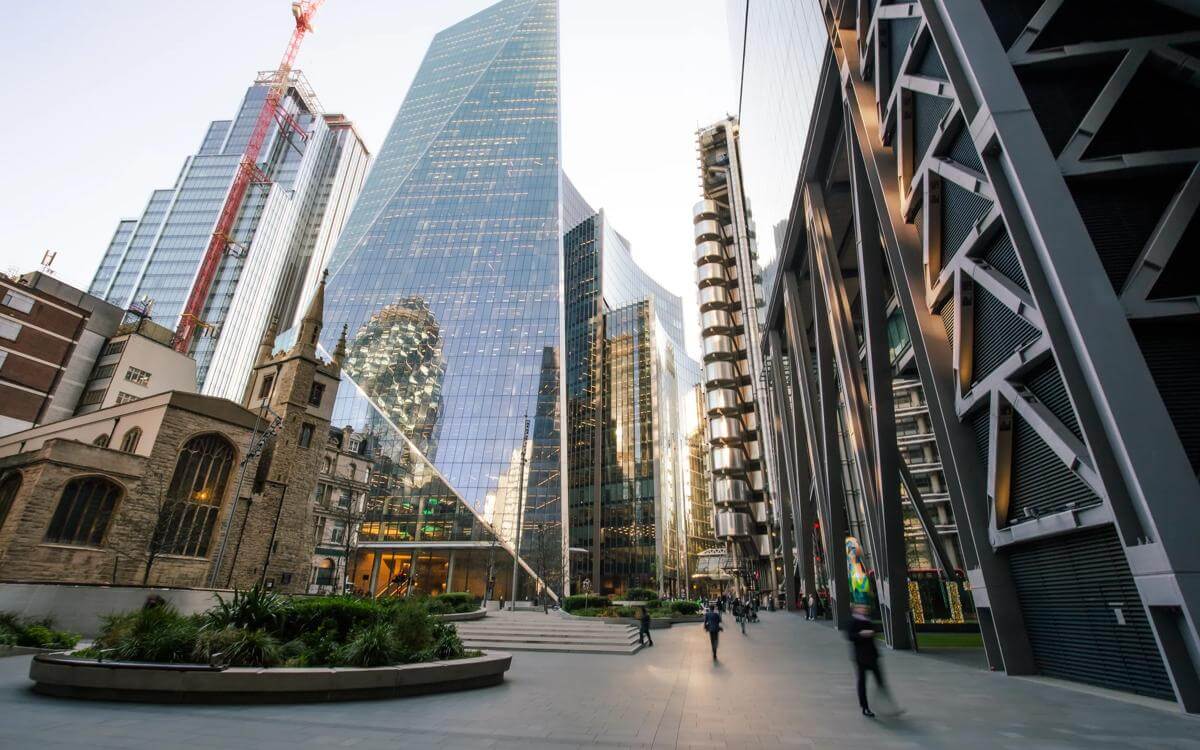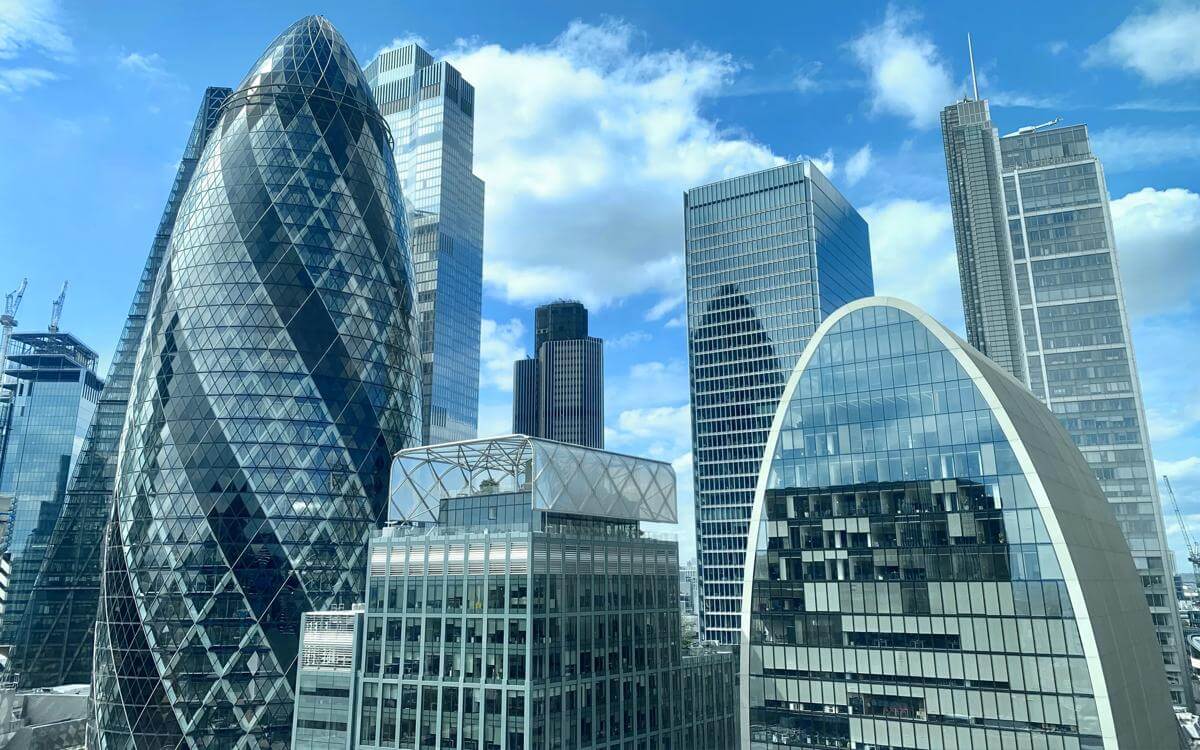Despite regulatory frameworks being in place for over a decade, illegal teeth-whitening treatments containing dangerous levels of bleaching agents continue to proliferate across the UK beauty industry.
A recent BBC investigation has exposed the widespread availability of teeth-whitening products containing hydrogen peroxide levels up to 500 times the legal limit for over-the-counter use. These treatments are being handed over in car parks and on doorsteps, often administered by beauticians with fraudulent qualifications.
Key concerns with illegal treatments
Laboratory tests conducted at the University of Lancashire confirmed that products purchased during the BBC’s undercover investigation contained hydrogen peroxide levels of up to 53% - far exceeding the 6% maximum that registered dental professionals are permitted to use, and vastly beyond the 0.1% limit for treatments by non-dentists.
Key safety concerns include:
- Fraudulent qualifications: A £300 “training course” consisted merely of WhatsApp messages and a pre-signed certificate.
- No safety protocols: Products supplied without instructions, safety advice, or proper labelling, often in plastic sandwich bags.
- Extreme concentrations: Gels advertised as “extreme bleach” and “so strong it’s not available to buy in the UK”.
- Severe injuries: Victims have suffered irreversible damage, chemical burns, and tooth loss requiring tens of thousands of pounds in dental repairs.
Dr Shalini Kanagasingam from the University of Lancashire described the gels as “extremely dangerous”, warning that unmonitored use could cause “irreversible damage to a tooth and chemical burns”.
Investigation findings
The BBC’s undercover reporter was able to obtain fraudulent qualifications and purchase illegal products from multiple sellers across Manchester and Merseyside. A firm in Droylsden sold kits containing 35% carbamide peroxide (approximately 12% hydrogen peroxide) - 120 times the legal limit for non-dentists. Another firm offered training courses and kits with gels up to 53% hydrogen peroxide, delivered in car parks.
One seller acknowledged that since 2012 only dentists can legally perform teeth whitening but added that “everyone’s still doing it anyway” and the rule change “doesn’t make a difference, to be honest”.
Legal requirements
UK law requires that teeth-whitening treatments using products containing more than 0.1% hydrogen peroxide can only be carried out by dentists and other professionals registered with the General Dental Council (GDC). Products used by dentists cannot exceed 6% hydrogen peroxide.
However, enforcement appears limited. The GDC’s last successful prosecution was in October 2021, and investigations are “reactive, rather than proactive”, with recent focus on “education, engagement and encouraging compliance in the first instance”.
Implications for insurers
The re-emergence of illegal teeth-whitening treatments carries significant implications for insurers providing cover to beauty salons. In the event of injury, the use of non-compliant products and fraudulent qualifications could complicate claims handling and liability assessments, particularly where policyholders have unknowingly engaged in illegal practices.
Questions may arise over contributory negligence, product liability, professional indemnity, and the recoverability of damages from third-party sellers operating through social media or informal channels. The absence of proper business registration, documentation, or traceable supply chains presents particular challenges for subrogation.
Specific considerations include:
- Enhanced underwriting: Implement questions regarding teeth-whitening services, practitioner GDC registration, and product sourcing.
- Verification requirements: Request evidence of legitimate qualifications and compliant product concentrations.
- Policy conditions: Introduce explicit requirements for regulatory compliance, with cover contingent on adherence to legal hydrogen peroxide limits.
- Claims protocols: Develop procedures for immediate investigation of compliance and preservation of product samples for testing.
- Customer education: Provide clear guidance on legal requirements and the risks of non compliance, including criminal prosecution and unlimited fines.
Insurers may therefore wish to review policy wording, customer guidance and claims protocols to ensure clarity around regulatory compliance requirements and the scope of covered treatments. Proactive consumer education, supported by collaboration with bodies such as the British Dental Association and GDC, could also play a key role in mitigating future risk exposure.
Contents
- Insurance Insights: The Word, November 2025
- Current life sciences insurance trends and the imperative for specialised coverage
- Rise in complex stress claims puts UK employers and insurers on alert
- Bridging the divide in insurance product value: Legal and regulatory insights
- UK data centre expansion creates insurance challenges
- MS Amlin court win sets major precedent: Marine insurers entitled to rely on pay-first clauses

Tim Johnson
Partner
tim.johnson@brownejacobson.com
+44 (0)115 976 6557










































